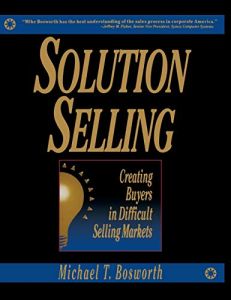
Solution Selling
Creating Buyers in Difficult Selling Markets
Recommendation
Instead of focusing on a prospective buyer, many salespeople spout lists of their product’s or service’s features and benefits. Does the buyer have a problem that these advantages solve? Maybe. The salesperson doesn’t know or care. He or she “sprays and prays,” hoping one of the product’s bells and whistles will engage the buyer – who just wants the conversation to stop. Sales trainer Michael T. Bosworth suggests a different approach. He teaches salespeople to use an engaging question-and-answer process to learn potential customers’ individual needs. With this diagnostic approach, the salesperson can specify the product or service that meets those needs. getAbstract recommends the author’s clear explanation of his sales method. Bosworth shows you how to shed the high-pressure, “always-be-closing” mindset and align your sales approach with a buyer’s real desires. This is the true nature of business-to-business selling.
Summary
About the Author
Michael T. Bosworth is a sales trainer and consultant who lectures at the Stanford Graduate School of Business and at a Stanford marketing program for technology firms.









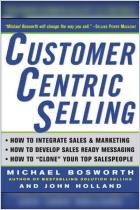
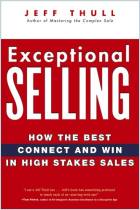
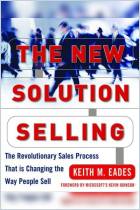
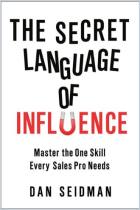
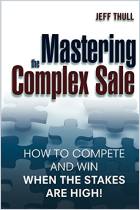
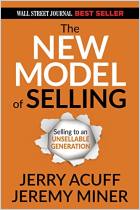
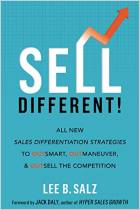


Comment on this summary or Начать обсуждение